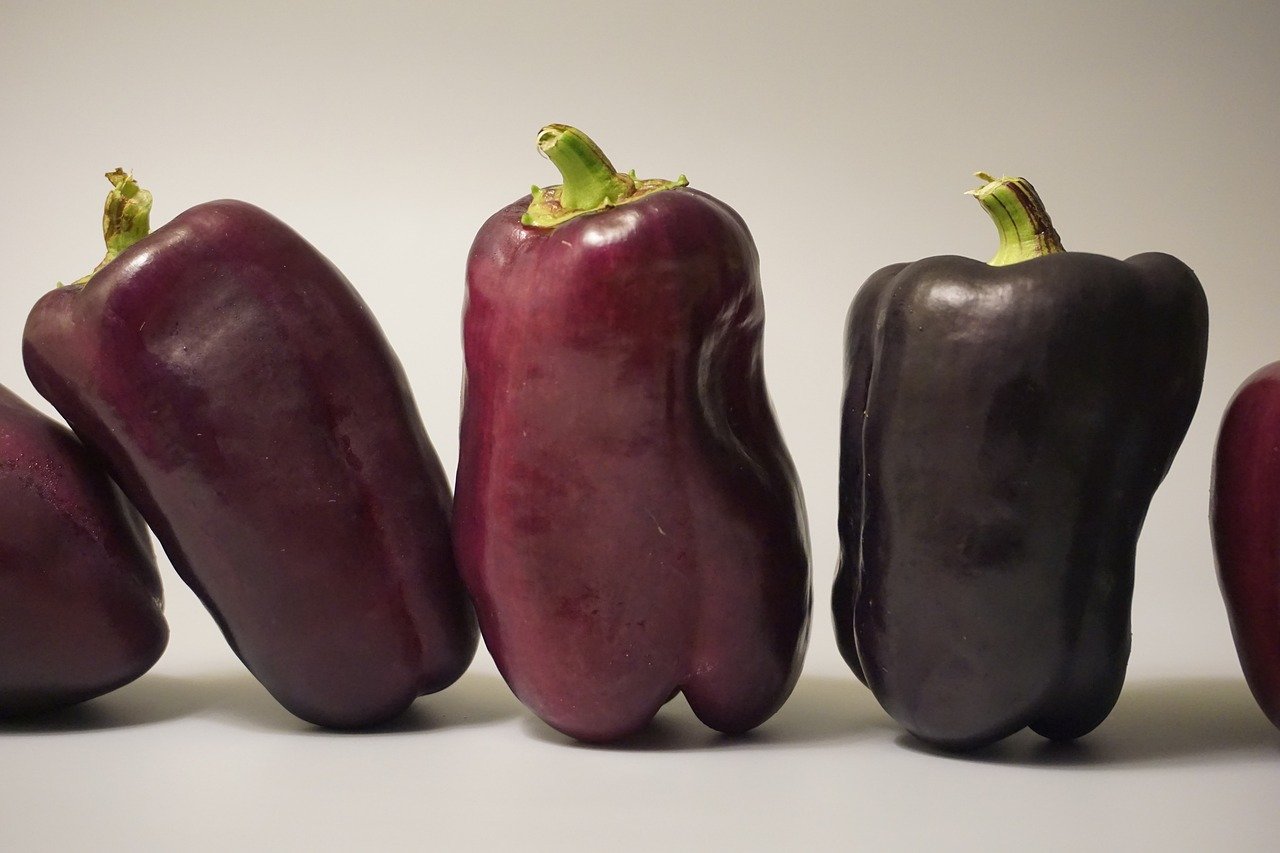“`html
Inflammation is a natural response of the body’s immune system to injury or infection. However, chronic inflammation can lead to a variety of health issues, including heart disease, diabetes, and autoimmune disorders. One of the most effective ways to combat chronic inflammation is through an anti-inflammatory diet. This dietary approach emphasizes the consumption of nutrient-rich, whole foods that help to reduce inflammation and promote overall health. In this blog post, we will explore what an anti-inflammatory diet is, its essential food groups, notable benefits, practical tips for implementation, and delicious recipes to get you started.
What is an Anti-Inflammatory Diet?
An anti-inflammatory diet is a dietary plan that focuses on foods known to decrease inflammation in the body while avoiding those that may cause or exacerbate it. The key components of this diet include:
- Whole Foods: Emphasize fresh fruits, vegetables, whole grains, lean proteins, and healthy fats.
- Limit Processed Foods: Reduce intake of foods high in sugar, refined carbs, and unhealthy fats.
- Balance: Aim for a well-rounded diet that incorporates various nutrients.
Key Foods in an Anti-Inflammatory Diet
Some of the most anti-inflammatory foods include:
- Berries: Blueberries, strawberries, and raspberries are rich in antioxidants.
- Fatty Fish: Salmon, mackerel, and sardines provide omega-3 fatty acids.
- Leafy Greens: Spinach, kale, and broccoli are packed with vitamins and minerals.
- Olive Oil: Extra virgin olive oil is a healthy fat that contains anti-inflammatory properties.
Benefits of an Anti-Inflammatory Diet
Adopting an anti-inflammatory diet can provide numerous health benefits, which include:
- Reduced Risk of Chronic Diseases: Helps lower the risk of heart disease, diabetes, and cancer.
- Improved Digestive Health: Encourages a healthy gut microbiome through fiber intake.
- Enhanced Brain Function: May reduce the risk of neurodegenerative diseases such as Alzheimer’s.
- Weight Management: Aids in maintaining a healthy weight and reducing obesity-related inflammation.
Scientific Support for Anti-Inflammatory Foods
Studies have shown that diets rich in antioxidants and omega-3 fatty acids can significantly lower inflammation markers in the body. For instance:
- A study published in the American Journal of Clinical Nutrition found that diets high in fruits and vegetables correlate with lower levels of CRP (C-reactive protein), a marker of inflammation.
- Research has indicated that omega-3 fatty acids can reduce inflammation levels by inhibiting the production of inflammatory substances.
Practical Tips for Incorporating an Anti-Inflammatory Diet
Making dietary changes can be challenging. Here are some practical tips for incorporating an anti-inflammatory diet into your everyday life:
- Meal Prep: Allocate time each week to prepare meals focused on anti-inflammatory ingredients.
- Experiment with Spices: Use spices such as turmeric, ginger, and cinnamon, which have notable anti-inflammatory properties.
- Stay Hydrated: Drink plenty of water and incorporate herbal teas like green tea, which is known for its antioxidants.
- Mindful Eating: Pay attention to portion sizes and strategies on how food makes you feel.
Foods to Avoid
In addition to incorporating anti-inflammatory foods, it’s also crucial to limit pro-inflammatory foods:
- Processed meats (e.g., hot dogs, bacon)
- Sugary beverages (e.g., sodas, energy drinks)
- Trans fats (e.g., fried foods, baked goods)
- Refined carbohydrates (e.g., white bread, pastries)
Delicious Anti-Inflammatory Recipes
Here are a few simple recipes to kick-start your anti-inflammatory journey:
1. Berry Smoothie Bowl
- Ingredients: 1 cup mixed berries, 1 banana, 1 cup almond milk, 1 tablespoon chia seeds.
- Instructions: Blend ingredients until smooth. Pour into a bowl and top with additional berries and nuts.
2. Mediterranean Quinoa Salad
- Ingredients: 1 cup cooked quinoa, 1/2 cup cherry tomatoes, 1/4 cup cucumber, 1/4 cup feta cheese, 2 tablespoons olive oil, 1 tablespoon lemon juice.
- Instructions: Mix all ingredients in a bowl and serve cold.
3. Turmeric Ginger Tea
- Ingredients: 2 cups water, 1 teaspoon turmeric, 1 teaspoon grated ginger, 1 tablespoon honey (optional).
- Instructions: Boil water, add turmeric and ginger, simmer for 10 minutes, strain, and enjoy.
Conclusion
An anti-inflammatory diet is a powerful tool for improving health, reducing the risk of chronic diseases, and enhancing overall well-being. By focusing on whole, nutrient-dense foods and avoiding processed items, you can make significant strides in managing inflammation in your body. Start small by incorporating a few anti-inflammatory foods into your meals each week, and gradually increase as you discover how to create delicious, health-promoting dishes. Your body will thank you!
“`



